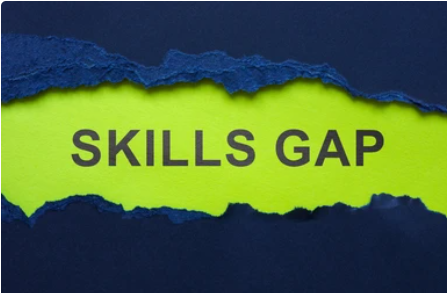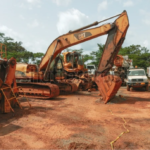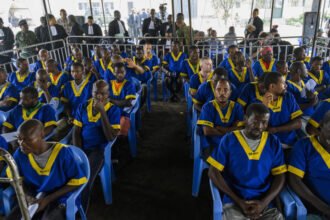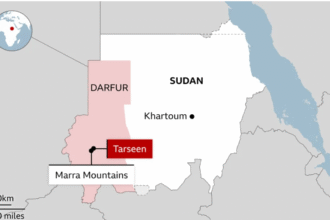Freetown, Sierra Leone – A recent survey has highlighted a growing concern across the Mano River Union (MRU) – a significant skills gap and mismatch that is hindering economic development and exacerbating unemployment in Liberia, Sierra Leone, Guinea, and CĂ´te d’Ivoire. The survey, commissioned by Africa News Today, paints a worrying picture, revealing a disconnect between the skills possessed by the workforce and the demands of the rapidly evolving job market.
The MRU, recovering from years of conflict and facing challenges related to infrastructure and governance, is particularly vulnerable to these skill deficiencies. The report identifies several key areas where significant gaps exist:
- Digital Literacy: As the global economy becomes increasingly digital, a lack of basic and advanced computer skills is leaving many behind. This deficiency impacts not only the technology sector but also crucial industries like agriculture, manufacturing, and services.
- Technical and Vocational Skills: The demand for skilled technicians and tradespeople is outpacing the supply. Traditional education pathways are not adequately preparing individuals for roles in areas like construction, mechanics, and renewable energy, leading to reliance on foreign expertise and hindering local economic empowerment.
- Soft Skills:Â Employers are increasingly seeking individuals with strong communication, problem-solving, and teamwork abilities. However, the survey indicates a shortage of these essential soft skills, limiting productivity and innovation within businesses.
“The lack of skilled workers is a major impediment to attracting foreign investment and fostering sustainable economic growth in the MRU,” stated Larry Kennedy, lead author of the survey. “We need to address this issue urgently to ensure that our youth are equipped to participate in and benefit from the opportunities that lie ahead.”
The report attributes the skill gaps to several factors, including:
- Outdated Curricula: Educational systems are often slow to adapt to the changing needs of the labor market, resulting in graduates lacking relevant skills.
- Limited Access to Quality Education: In many areas, access to quality education, particularly in rural communities, remains a significant challenge.
- Lack of Industry-Academia Collaboration: Insufficient dialogue between educational institutions and businesses means that training programs are not always aligned with industry needs.
The report recommends a multi-pronged approach to address the skill gaps, including:
- Curriculum Reform: Modernizing educational curricula to incorporate digital literacy, technical skills, and soft skills.
- Investing in Vocational Training: Expanding access to high-quality vocational training programs that are aligned with industry demands.
- Strengthening Industry-Academia Collaboration: Fostering closer relationships between educational institutions and businesses to ensure that training programs are relevant and effective.
- Promoting Lifelong Learning: Encouraging continuous learning and skills development through online resources and other platforms.
Addressing these skills gaps is crucial for the MRU to realize its full economic potential. By investing in education and training, the region can create a more skilled workforce, attract investment, and improve the living standards of its citizens. The report serves as a call to action for governments, businesses, and educational institutions to work together to bridge the skills gap and pave the way for a brighter future for the Mano River Union.









